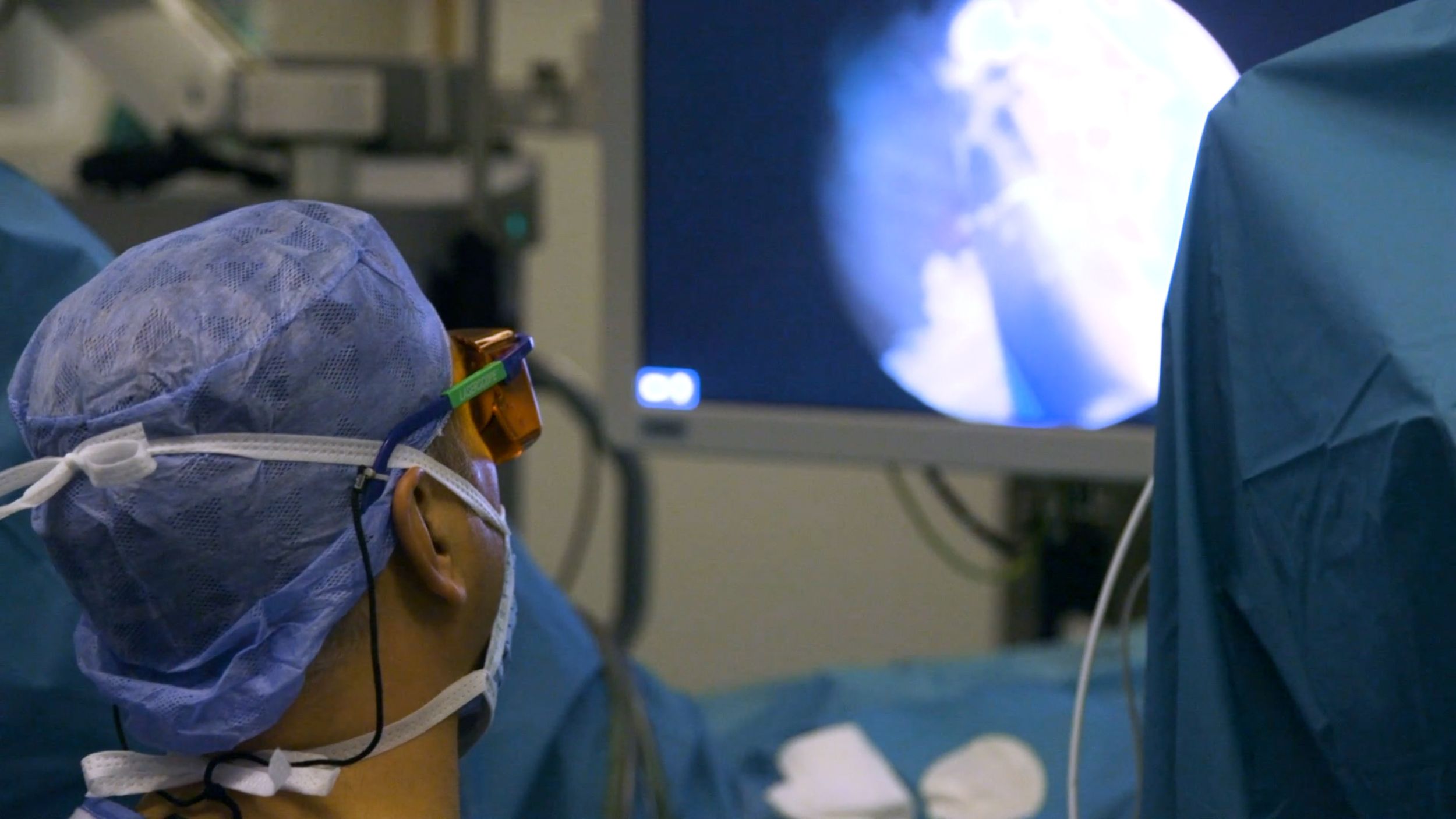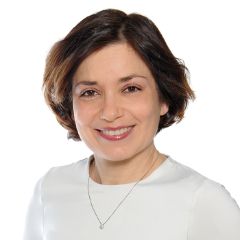
Research in urology
Research plays an important role for us. In our research laboratory, we are particularly involved in the field of bladder and prostate cancer research, in collaboration with the Institute of Pathology. We conduct our own studies and actively participate in national and international study projects. This commitment enables our patients to benefit from promising treatment options at an early stage.
Study team
The study team supervises studies in the fields of infectiology, neurourology, surgical urology, kidney transplants and gender surgery and works closely with colleagues in pathology, oncology and radiation oncology as part of the Urological Tumor Center. As a joint venture between the Institute of Pathology and the Department of Urology at the University Hospital Basel, the research laboratory(Laboratory for Translational Genitourinary Cancer Research) focuses on translational research in the field of prostate and bladder cancer.
The study team






Translational Genitourinary Cancer Research (TGCR) group

Dr. Clémentine Le Magnen
Forschungsgruppenleiterin
Urology, Pathology, Department of Biomedicine
TGCR lab
Romuald Parmentier
Postdoctoral Research Scientist
Urology, Pathology, Department of Biomedicine
TGCR lab
Oncology study consultation
Patients who decide to take part in a study are informed, treated and cared for in a special study consultation, depending on the study.
Time: Wednesdays from 8.00-15.00 or by appointment
Appointments and coordination:
Urology research team
Current studies
Urological/Oncological Research
SAKK 96/12: Prevention of symptomatic skeletal complications with the bone protection agent denosumab administered every 4 weeks versus every 12 weeks in patients with advanced prostate cancer: A randomized phase III trial to demonstrate comparable efficacy.
https://www.sakk.ch/de/studien
MK-3475-676: Evaluation of the efficacy of pembrolizumab in combination with BCG (Bacillus Calmette-Guérin) compared to BCG alone in patients with locally non-advanced bladder cancer.
Translational oncology research
ProBio: We are investigating whether treatment decisions in advanced prostate cancer based on genetic information about the patient's tumor biology, which we obtain from a blood sample, can prolong survival compared to the current standard of care.
BCG study: Archiving of blood and tissue samples as part of the immunotherapy of urothelial carcinoma of the urinary bladder. This archiving will later allow the examination and rapid evaluation of promising markers for the progression of bladder cancer.
Ex Vivo study: If you take part in this study, your cancer tissue will be cultivated further in the laboratory in culture dishes. These cultured cancer cells or organoids can be tested against anti-cancer drugs and could predict response to therapy.
Xenograft study: Establishment of robust and clinically relevant cancer models in experimental animals. The biological and genetic characterization of tumours that this makes possible, together with the above-mentioned study, should in future make it possible to tailor therapy to the individual patient concerned.
BEDNA study: Analysis of freely circulating genetic substances of cancer cells in the blood of patients with advanced cancer. The establishment of this technology could enable the treatment and monitoring of advanced cancer in the future.
Visioning: The study investigates the value of a prostate cancer screening program based purely on magnetic resonance imaging (MRI). MRI screening should prevent unnecessary tissue removal and find more clinically relevant tumors.
Stockholm 3 study: Testing a combination of blood values and patient information for improved prostate screening in men.
Prospective cohort studies
IRONMAN: international registry of patients with advanced prostate cancer
Mona Lisa: observational study of robot-assisted (Mona Lisa) prostate biopsy.
Gender study: observational study of patients who have decided to undergo gender reassignment surgery.
Kidney donor study: Observational study to record the quality of life of these patients.
Aqua study: Observational study in patients with benign prostate enlargement who receive REZUM (steam injection therapy) or Aquabeam (water jet) treatment.
SteamOne: International (Switzerland, Germany, Austria) observational study in patients with prostate enlargement treated with REZUM (water vapor injection therapy). Detailed information at: https: //www.unispital-basel.ch/fr/urologie/forschung-urologie/steamone
Infectiology studies
CITrUS: Investigation of the most clinically effective duration of antibiotic prophylaxis in the removal of enlarged prostates via the urethra (TUR-P). Several urological centers in Switzerland are participating in this study. The study is funded by the SNSF.
AIP-Fruit study: The study is investigating the administration of a non-antibiotic alternative (hyaluronic acid) to build up the bladder mucosa in patients with recurrent urinary tract infections.
NCCR-Antiresist: Clinical partner in collaboration with the Biozentrum. This study aims to develop novel strategies against antimicrobial resistance through a better understanding of pathogenesis.
Further links
